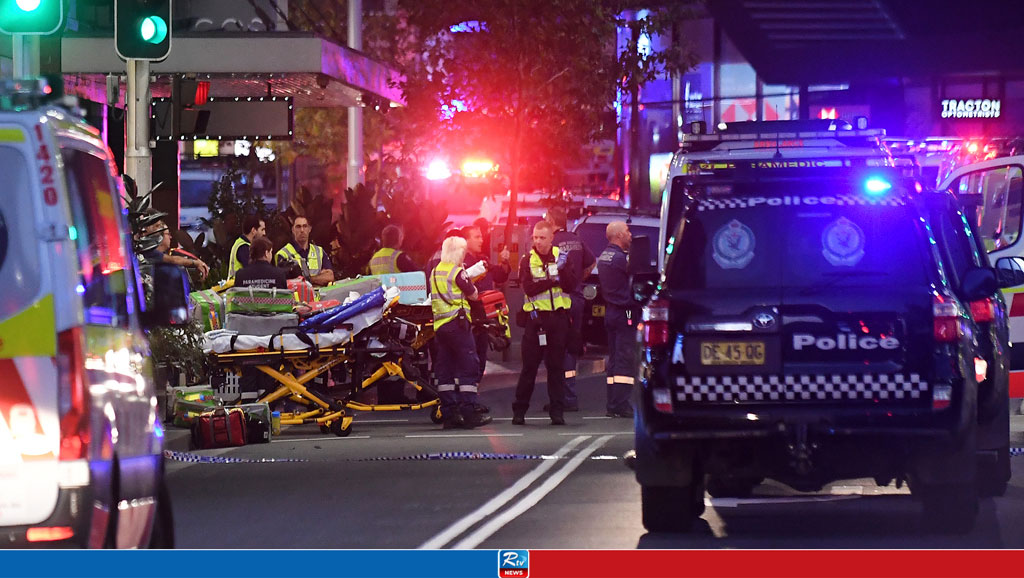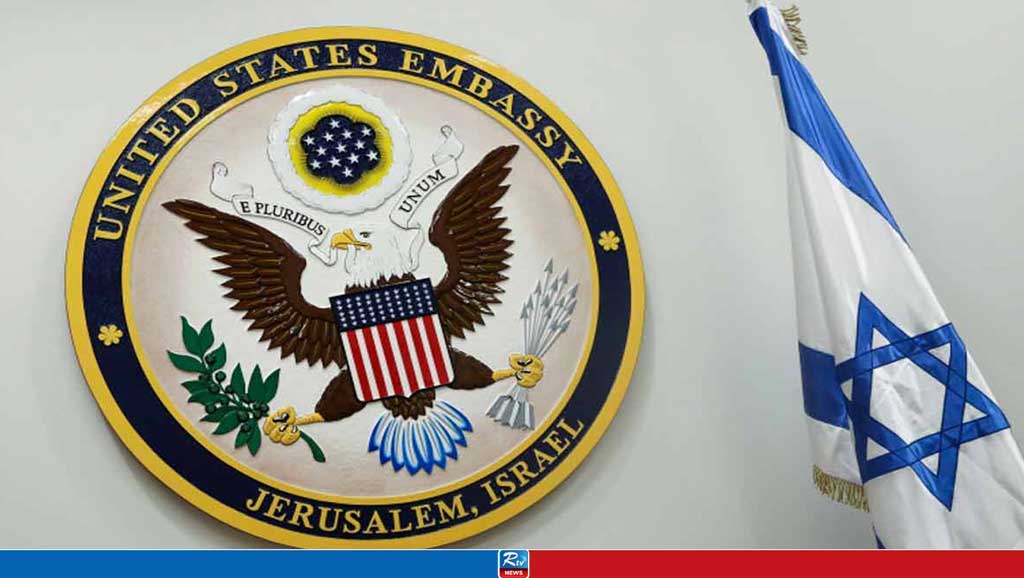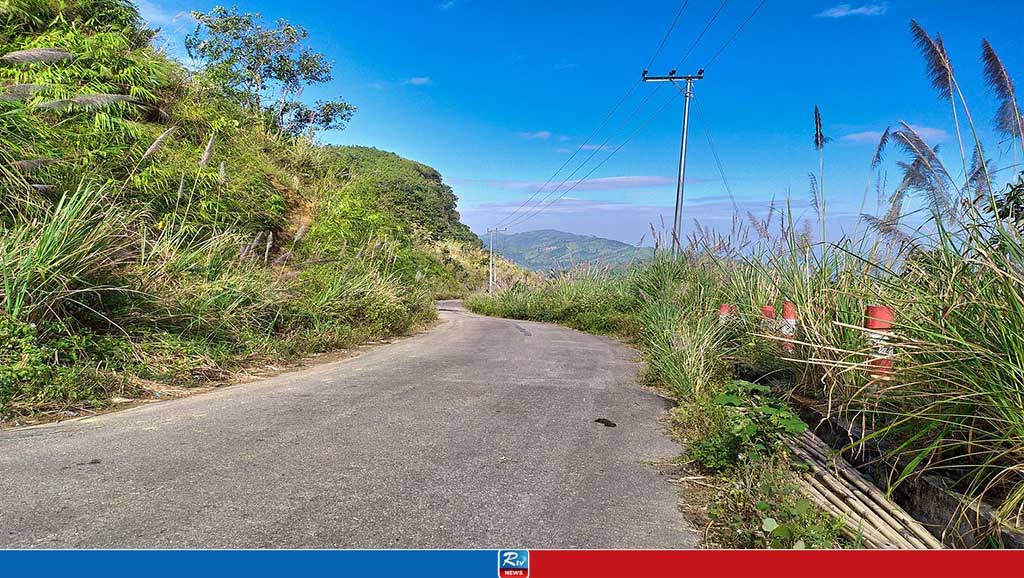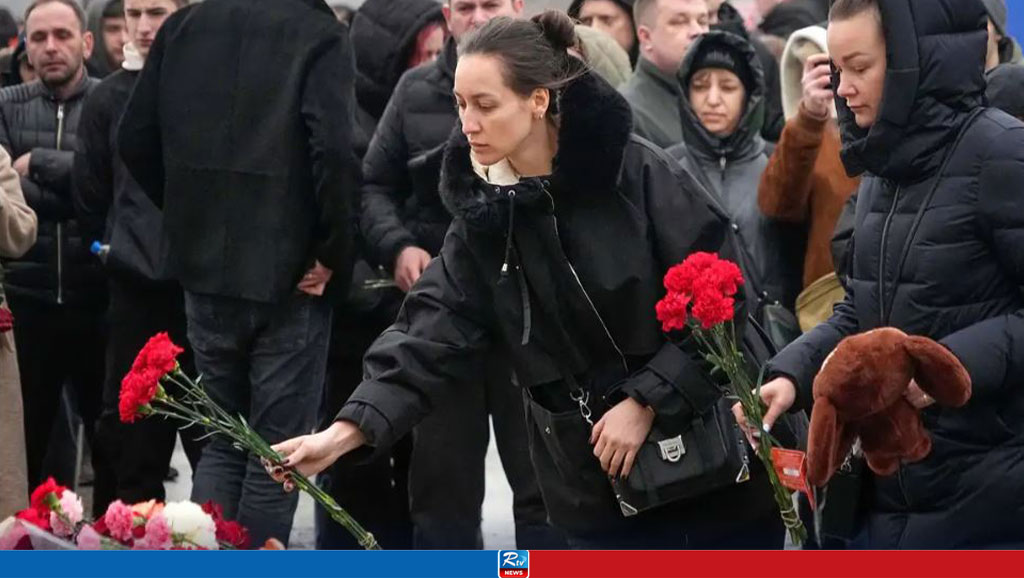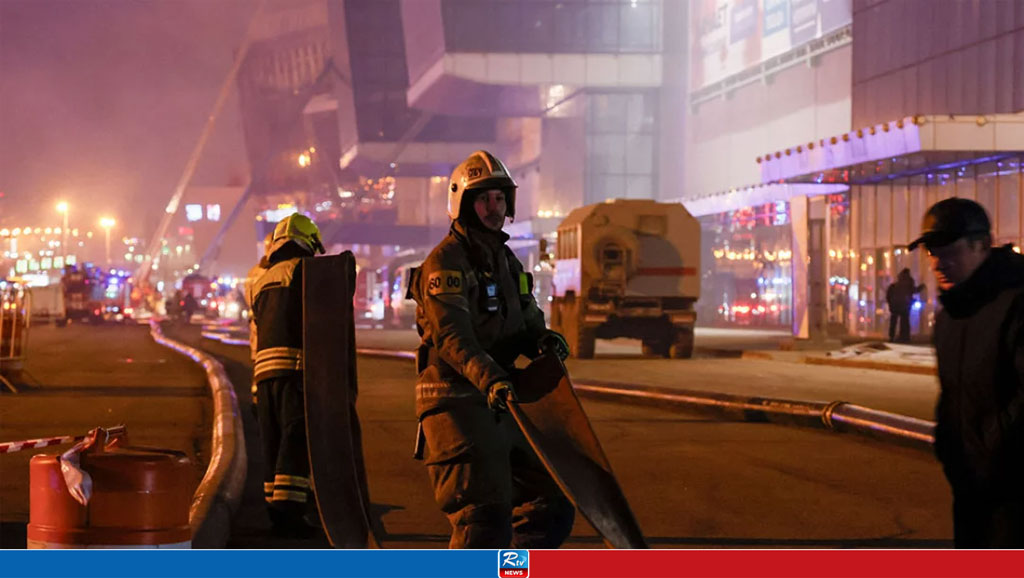Iranian embassy attack has Israel, Middle East on edge
Iran has accused Israel of conducting a deadly airstrike against its embassy in Syria. Tehran has now threatened to retaliate, amid growing fears the conflict in Gaza could spread. Here's what you need to know.
Israel remains on high alert, with a growing number of media reports indicating that the Islamic Republic is preparing to retaliate for a recent missile barrage on its diplomatic compound in Syria. Iran has accused Israel of carrying out the deadly airstrike, but Israel has so far denied responsibility.
Quoting a US intelligence report on Friday, The Wall Street Journal suggested Iran could launch a retaliatory attack within the next 24 to 48 hours. Iranian Foreign Minister Hossein Amirabdollahian conveyed Tehran's determination to respond to the bombing of its consular building during a phone call with his German counterpart, Annalena Baerbock, on Thursday.
A day earlier, Iran's Supreme Leader Ayatollah Ali Khamenei vowed retaliation, equating the attack on its embassy to an assault on Iranian soil. This prompted a response by Israeli Prime Minister Benjamin Netanyahu.
"Whoever harms us, we will harm them," he said on Thursday, in remarks translated from Hebrew. "We are prepared to meet all of the security needs of the state of Israel, both defensively and offensively."
Here's an overview of how the situation has unfolded over the past two weeks.
What exactly happened in Damascus?
On Monday, April 1, an explosion hit a building on the busy Fayez Mansour Road in the western Mezzeh district of Syria's capital Damascus, destroying the consulate in the Iranian embassy complex.
More than 10 people were killed, among them two high-ranking members of Iran's Revolutionary Guard Corps: Mohammad Reza Zahedi, a commander in the Quds Force, and his deputy, Mohammad Hadi Haji Rahimi. Zahedi was said to have been particularly closely connected to the Hezbollah leader Hassan Nasrallah.
The building was also the residence of the Iranian ambassador to Damascus, Hossein Akbari. He survived the explosion, as he was in the adjacent embassy building at the time of the attack.
According to Akbari, six rockets fired from F-35 fighter jets hit the consulate building in quick succession. Syria's Defense Ministry, meanwhile, said aircraft had fired missiles from the Israeli-occupied Golan Heights.
What is the Quds Force?
The attack is a severe blow for Iran. The Quds Force is an elite unit of Iran's Revolutionary Guard Corps (IRGC), specializing in foreign deployments. Officially, it numbers around 5,000 fighters and answers directly to Khamenei. The Quds Force was founded in the early 1980s, during the Iran-Iraq war, to actively spread the goals of the 1979 Islamic Revolution throughout the Muslim world.
"Al-Quds" is the Arabic name for Jerusalem, and it reflects the aims of the group: To capture the city, which Muslims, Jews and Christians regard as holy, is one of the organization’s principal, long-term goals.
To this end, the Quds Force collaborates with other militant Islamist organizations, such as the Palestinian Hamas, or Hezbollah in Lebanon.
The United States has classified these groups as terrorist organizations, and Germany has followed suit for Hamas and Hezbollah. The IRGC has not been placed on Germany's or the EU's list of terrorist groups, despite repeated calls.
Senior members of the Quds Force are regularly active as "military advisers" in Iraq, Syria and Lebanon, where they help coordinate military and paramilitary organizations, increasing Tehran's influence in these countries.
Why is Israel attacking targets in Syria?
As a rule, Israel’s army does not comment on attacks in Syria, and so far has not made any statement about this one. However, Israel's air force does often bomb targets in Syria and Lebanon. These attacks have increased in frequency since Israel launched its ongoing military operation in Gaza last year.
On Sunday, the Israeli army allegedly fired four rockets at a military research facility just outside Damascus. Just two days prior, more than 50 people were killed in heavy airstrikes in the province of Aleppo, in northwestern Syria. They were said to have been mostly Syrian military personnel and members of Hezbollah militias.
Israel and its allies have also repeatedly carried out targeted killings of senior members of the Quds Force. A US drone strike four years ago that killed the organization's leader, Qassim Soleimani, attracted considerable attention.
However, the recent suspected airstrike in Damascus is especially sensitive because it targeted an Iranian embassy building. According to the international agreements in the Vienna Convention on Diplomatic Relations, the building is Iranian property, but not sovereign territory as Khamenei had suggested.
How might Iran retaliate?
Over the past few days, Foreign Minister Amirabdollahian has been meeting with counterparts in Saudi Arabia, Qatar, the United Arab Emirates, Iraq and Turkey.
The Reuters news agency reported on Thursday that during his visit to Oman, Amirabdollahian conveyed to Washington that Iran intends to respond to Israel's attack on its Syrian embassy with caution, aiming to prevent a significant escalation and avoid hasty actions.
Many analysts speculate that Iran is seeking to sidestep direct confrontation with Israel, a move that could divert global attention from Israel's ongoing assault in Gaza that has brought the nation under mounting international scrutiny. According to most recent estimates from the Hamas-run Health Ministry, at least 34,000 Palestinian civilians have been killed, 13,000 or whom were children, and 1.7 million Palestinians displaced by Israel's military operations.
On the social media platform X, formerly Twitter, Thomas Juneau, an international affairs professor at the University of Ottawa, said Iran was pursuing a delicate balancing act. He explained that Iran needed to take a measure that signaled strength domestically, and to regional partners and adversaries while simultaneously trying to avoid escalation and all-out war. He described this approach as "hard and very risky, but not impossible."
13 Apr 2024,17:57

















 Live Tv
Live Tv


